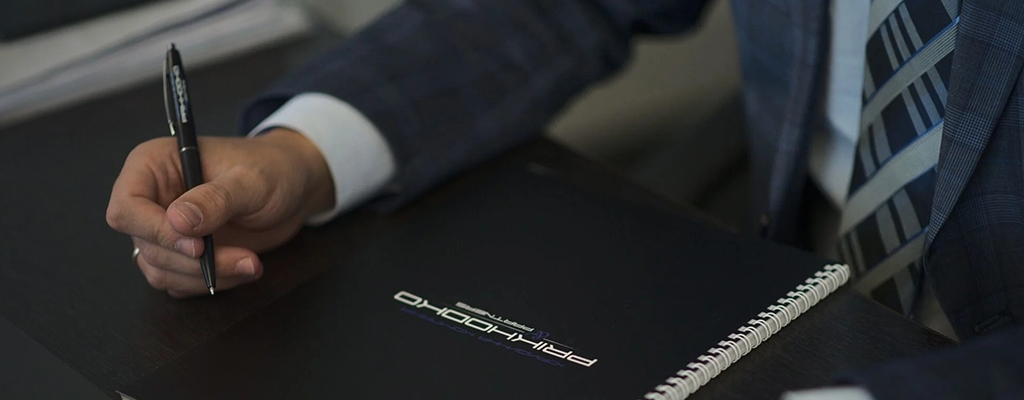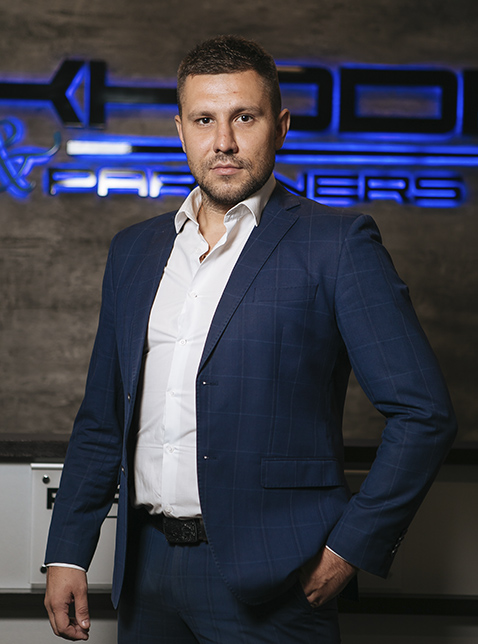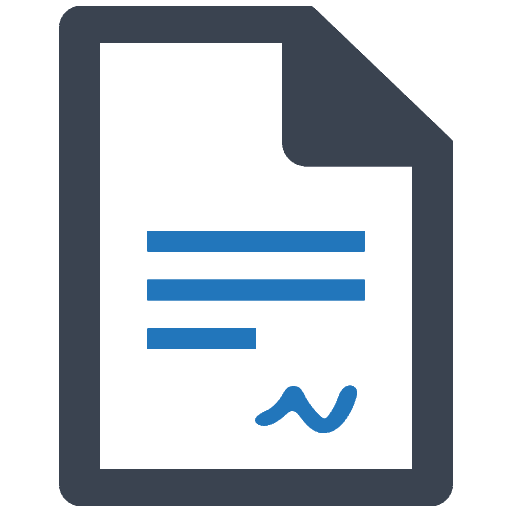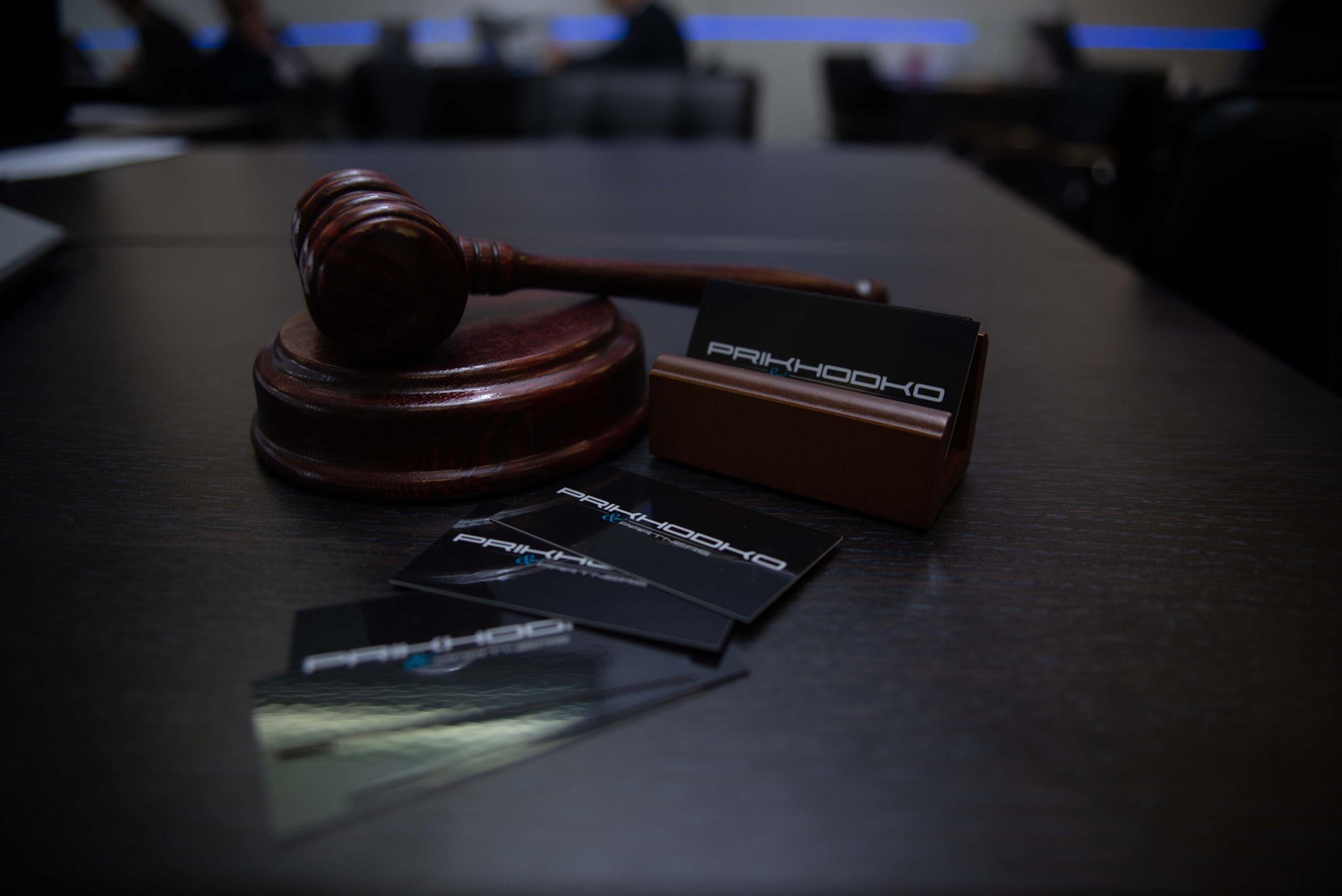
«Our task is to protect your rights and interests. We do not tell "tales" - the client must be honest and aware of the objective reality of the situation.»
Debt collection



Debt collection
Kovalev Artem
Legal assistance in debt collection
Probably, every inhabitant of our country faced the issue of debt recovery.
Basically, people who are faced with debt collection are divided into two categories: creditors and debtors, although it also happens that a person can simultaneously be both a creditor and a debtor in one person.
If you are faced with the issue of debt collection, then most likely we are talking about problem debts, when the debtor does not repay the debt on a voluntary basis.
In this case, you cannot do without the services of a professional lawyer to successfully resolve the issue of debt collection.
Debt types

1. For the subjects, the debt can be distinguished:
- between legal entities;
- between individuals;
- between legal entities and individuals.
2. Behind the subject:
- credit debt;
- debt for the delivered goods / services rendered;
- debt for a loan agreement / IOU.
Subjects of collection

Debt, depending on its type, as indicated above, can be collected by certain entities.
So, if we are talking about accounts receivable between legal entities for the delivered goods/services rendered, then a full-time lawyer can deal with such collection, both independently and as part of the debt collection service of the creditor enterprise.
Also, a debt collection lawyer or the legal service of a creditor enterprise can collect receivables that arose between a legal entity and an individual debtor.
At the same time, in the interests of the creditor enterprise, freelance lawyers or lawyers/law bureaus/lawyers’ associations can be engaged in the recovery of debts from legal entities, as well as from individuals, on the basis of relevant agreements.
Such cases include the collection of receivables between legal entities and/or individuals for the delivered goods/services rendered, as well as credit debt.
If we are talking about collecting debts that arose between individuals, for example, by receipt, in such cases debt collection can be collected both by debt collection specialists, for example, lawyers/attorneys for debt collection, or by an individual creditor independently.
Conditional stages (stages) of debt collection
The following stages can be distinguished, conditionally:
- pre-trial collection, including pre-trial collection on a loan;
- foreclosure;
- collection under a writ of execution / court order.
Pre-trial debt collection

Pre-trial collection consists in the actions of the creditor, both independently and with the involvement of a specialized specialist, aimed at repaying debt by sending claims, written requests to repay existing debts, negotiating with the debtor, restructuring debts by concluding appropriate restructuring agreements.
Debt collection out of court is the least costly stage , since in case of agreement on repayment, the debtor voluntarily pays the debt, often according to an agreed payment schedule.
If the debtor voluntarily refuses to pay off the debt at the stage of pre-trial settlement, the creditor is forced to resort to judicial collection or try to collect the debt by initiating criminal proceedings on the fact of fraud, provided there are signs of a criminal offense under Article 190 of the Criminal Code of Ukraine.
It is conditionally possible to define that the foreclosure is the second stage, in the event that the creditor resorted to pre-trial foreclosure and it did not bring results, or did not resort to such actions at all.
Such collection consists in the preparation and filing of a statement of claim for debt collection to the competent court, in accordance with the jurisdiction determined by the civil or commercial procedural codes, depending on the nature of the dispute.
A lender, such as a banking institution, can apply to a competent court to recover the loan debt. If the debtor is a legal entity or an individual entrepreneur (IE), then such a dispute will be considered by the economic court according to the rules of the Commercial Procedure Code. If the debtor on the loan is an individual, then in this case the dispute will be considered by a court of general jurisdiction according to the rules of the Civil Procedure Code.
The same situation takes place if the subject is debt collection under a lease agreement or debt collection under a receipt.

As a general rule, the applicable procedural legislation, and accordingly the competent court, is determined by the composition of the parties to the dispute: legal entities or individuals.
At the same time, often, the collection of debts by receipt in court is carried out in the manner of civil proceedings, since such a debt document as a receipt is characteristic precisely for the relationship between individuals.
In any case, the stage of judicial collection of the debt ends with a court decision, according to which the court satisfies the claim of the creditor-plaintiff, or refuses to satisfy the claim.

If the claim for debt collection is satisfied, the court issues to the plaintiff a writ of execution: a writ of execution or a court order, which is the basis for collecting the debt by compulsory procedure through the executive service or a private contractor.
At the same time, it should be understood that a writ of execution or a court order is issued by the court that made a decision only when such a decision gained legal force, that is, it was not appealed in the appeal/cassation procedure, or was appealed, but the court of the appeal/cassation instance left the decision is in force, or partially changed the decision of the court of first instance.
In any case, a writ of execution: a writ of execution or a court order, which is the basis for enforced collection of debt through the state executive service or a private contractor, is issued by the court that made the decision, and only when such a decision has gained legal force.
From the moment the creditor receives a writ of execution: a writ of execution or a court order, the conditional third stage of debt collection begins – collection on the basis of a writ of execution/court order.
Debt collection under a writ of execution/court order
Debt collection on the basis of a writ of execution – a writ of execution or a court order is, in fact, the final stage of collection.

This stage consists in the fact that the creditor, to whom the court satisfied the claim for debt collection and issued a writ of execution, applies with him to the state executive service or to a private executor for the compulsory execution of the court decision, namely, for the compulsory collection of the debt, regardless of whether on what is the reason for the debt.
Further actions aimed at collecting debt on the basis of a court decision, whether it is debt under a loan agreement or by receipt, from individuals or legal entities, etc., is carried out by the state executive service or a private contractor on the terms and in the manner prescribed by the current legislation and may consist in the arrest of bank accounts, movable and immovable property of the debtor, with the aim of further seizure and sale at open auction of the specified property to pay off the debtor’s debt to the creditor.
The creditor himself, as well as a debt collection lawyer, a debt collection service or a lawyer can interact with the state executive service or a private contractor.
Considering that a specialized lawyer, a collection service, as well as a professional lawyer possess special knowledge and practice, unlike an ordinary lender, a lender who uses the services of a specialized specialist has a much higher chance of achieving the expected result.
Prikhodko & Partners Law Office provides comprehensive services for debt collection from legal entities and individuals.
We provide professional services at the stage of pre-trial, judicial collection, and also provide support for the collection of debts at the stage of enforcement proceedings.
In order to reduce the costly part of the debt collection process, attorneys and lawyers of the Prikhodko & Partners Law Office make every effort to resolve difficult situations and recover debts even at the stage of negotiations with debtors, which often leads to the achievement of the desired result.
How we are working:
Leave a request in a way convenient for you: through the feedback form by e-mail or call
We hold a meeting, discuss the terms of cooperation
We sign a contract, you pay for the service and we immediately start working on your question

Calculate the cost of services
1 question
Have other lawyers been involved in your case?
2 question
How much debt do you want to collect?
3 question
Are there any documents confirming the existence of a debt?
4 question
Are you in Kiev or Kiev region?
5 question
Do you need legal assistance urgently?

Head of problem debt practice, criminal lawyer
Articles on the topic:
call back
during the day



